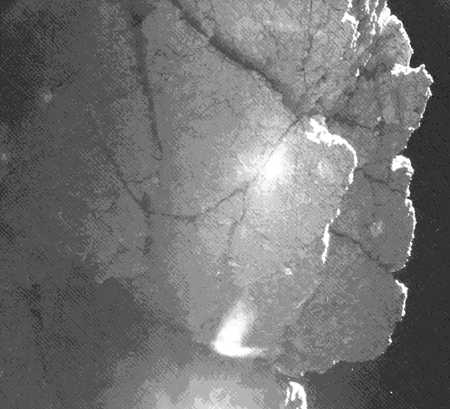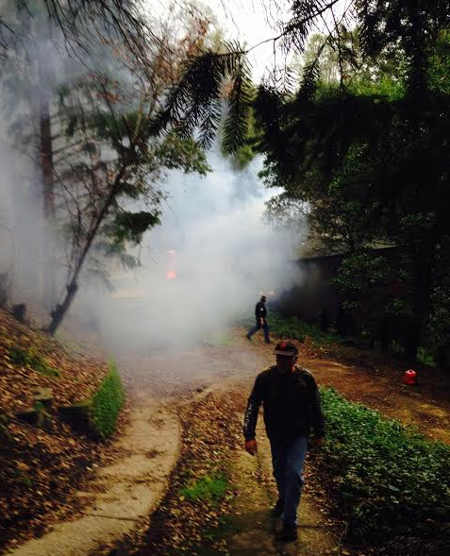NORTHERN CALIFORNIA – California's governor has once against issued his Christmas pardons list, which this year includes cases from Lake and its neighboring counties.
Altogether, Gov. Jerry Brown granted 105 pardons on Wednesday.
Among the individuals granted pardons this year was Robert George Swisley, who on July 30, 1984, was sentenced in Lake County Superior Court to three years' probation for possession of a controlled substance for sale.
Swisley's pardon said he was discharged from probation on July 30, 1987, having completed his sentence.
In February 2013 Swisley obtained an order from Placer County Superior Court “evidencing that since his release from custody, he has lived an honest and upright life, exhibited good moral character, and conducted himself as a law-abiding citizen,” with the court granting a certificate of rehabilitation and recommending that Swisley be granted a full pardon.
Other cases from neighboring counties included on the governor's latest pardon list include:
– Marlon Cox, now a resident of New Jersey, sentenced in April 1982 in Napa County to prison for sale and transportation of marijuana or hashish;
– Charles Lee Kelly, who in March 1996 was sentenced in Yolo County to prison for possession of a controlled substance for sale;
– Harry Lee Perdue, sentenced to probation in March 1997 in Yolo County for driving under the influence causing injury; and
– Joseph Mary Villanueva Jr., who in January 1995 was sentenced to probation in Yolo County for transportation of a controlled substance.
The Governor's Office said the individuals granted pardons all completed their sentences and have been released from custody for more than a decade without further criminal activity.
Individuals who have been convicted of a crime in California may apply to the governor for a pardon, Brown's office reported.
All applicants for a pardon who were eligible obtained a Certificate of Rehabilitation, which is an order from a superior court declaring that a person convicted of a crime is now rehabilitated, according to the process.
A gubernatorial pardon may be granted to people who have demonstrated exemplary behavior and have lived productive and law-abiding lives following their conviction. Pardons are not granted unless they are earned, the Governor's Office reported.
When a pardon is granted, the California Department of Justice and the Federal Bureau of Investigation are notified so that they may update their records on the applicant. The pardon is filed with the Secretary of State and the Legislature, and it is a public record, officials said.
Of the pardons included in Brown's Wednesday list, more than 60 of the cases involved various drug convictions – solicitation, transportation, sales, possession, cultivation and manufacturing.
Other crimes for which pardons were granted included assault with a deadly weapon other than a firearm, assault with a firearm, attempted grand theft, attempted robbery, bad check possession, burglary, conspiracy to commit a crime, dissuading a witness from testifying, driving under the influence, grand theft, inflicting corporal injury on a cohabitant, injuring or destroying insured property, knowingly receiving stolen property, perjury, possession of a dangerous weapon, robbery, soliciting a murder, vehicle theft and vehicular manslaughter.
By day's end Brown had withdrawn a pardon he had given to a Southern California man, Glen Williams Carnes, who had been convicted in 1998 of possession of a controlled substance for sale. The Los Angeles Times reported that federal regulators recently had disciplined Carnes.
Email Elizabeth Larson at This email address is being protected from spambots. You need JavaScript enabled to view it. . Follow her on Twitter, @ERLarson, or Lake County News, @LakeCoNews.









